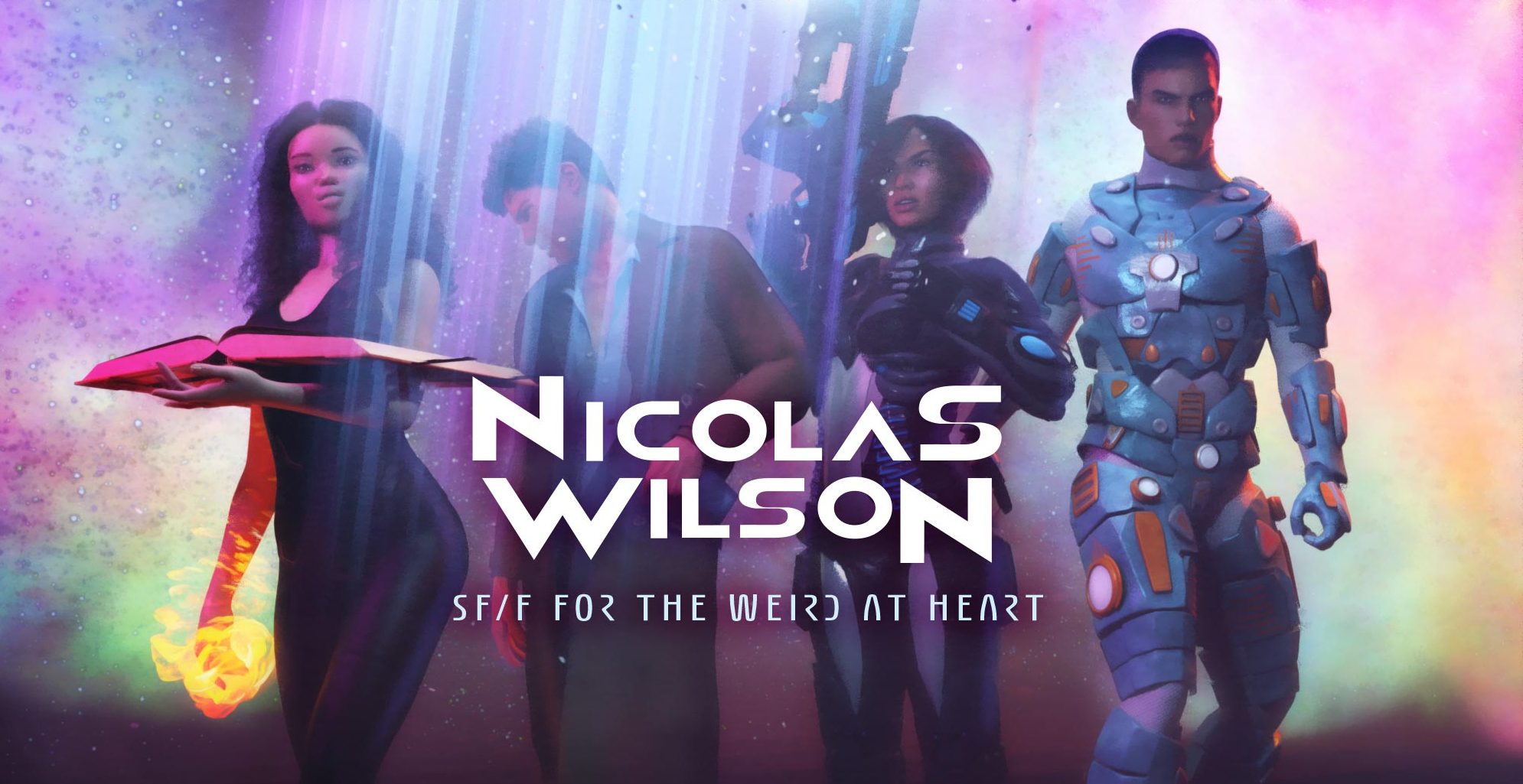Nineteen
“So this is treason, then?” Cris asked timidly, staring out at the forebodingly black waters.
“I prefer to think of it as Rebellion,” Ben said, settling comfortably into the boat’s cushions.
“Yeah, but only because you want to be in Star Wars,” Rui said. “Dibs on Han Solo.”
“No, screw that. I can’t be Lando- not all people of color are the right color. And I refuse to be your Chewbacca.”
“Fine. I will Lando. But only because I appreciate a good cape.”
“Yeah,” Sonya said, “the whole idea of Rebels is kind of tainted, since confederate apologists romanticize their traitors as ‘Rebels.’”
“Fuck that,” Anita said. “Racists don’t get to ruin Star Wars.”
“Not for lack of trying,” Laren said.
“Yes,” Rox said softly to Cris. “The government is going to see this as treason. We will, if any of us remain off the list, be branded traitors, and terrorists. If caught, they’ll probably try to execute us.”
“That’s heavy,” Cris said.
“I think that’s why we were all trying to do a Star Wars thing,” Sonya said.
“Besides, that all only matters if we get caught,” Laren said. “And I’m here to make sure we don’t get caught. Most military and government computers are on the grid. Not necessarily the internet, but an intranet. Generally speaking, there’s some degree of wireless communication involved with overseas bases, because running cable through the ocean isn’t terribly secure, it’s expensive and can be fidgety as hell. They can’t use that, because the technopaths they’ve captured could also use that; hell, can you imagine a handful of technopaths in captivity taking over the military intranet? So they have to have a back-up, or connection, elsewhere. Not sure which it is, but I know where the fiberoptics go. We can snip them on our way in, which means that the only security footage or otherwise will be in their servers. I’m going to destroy them once the fireworks start.”
“I’m still not sold on bringing along G.I. Jane,” Anita said.
“Well I’m here, risking my freedom along with the rest of you. Because our government has done awful things. And right now, the only way to undo them, is to be a Rebel.”
